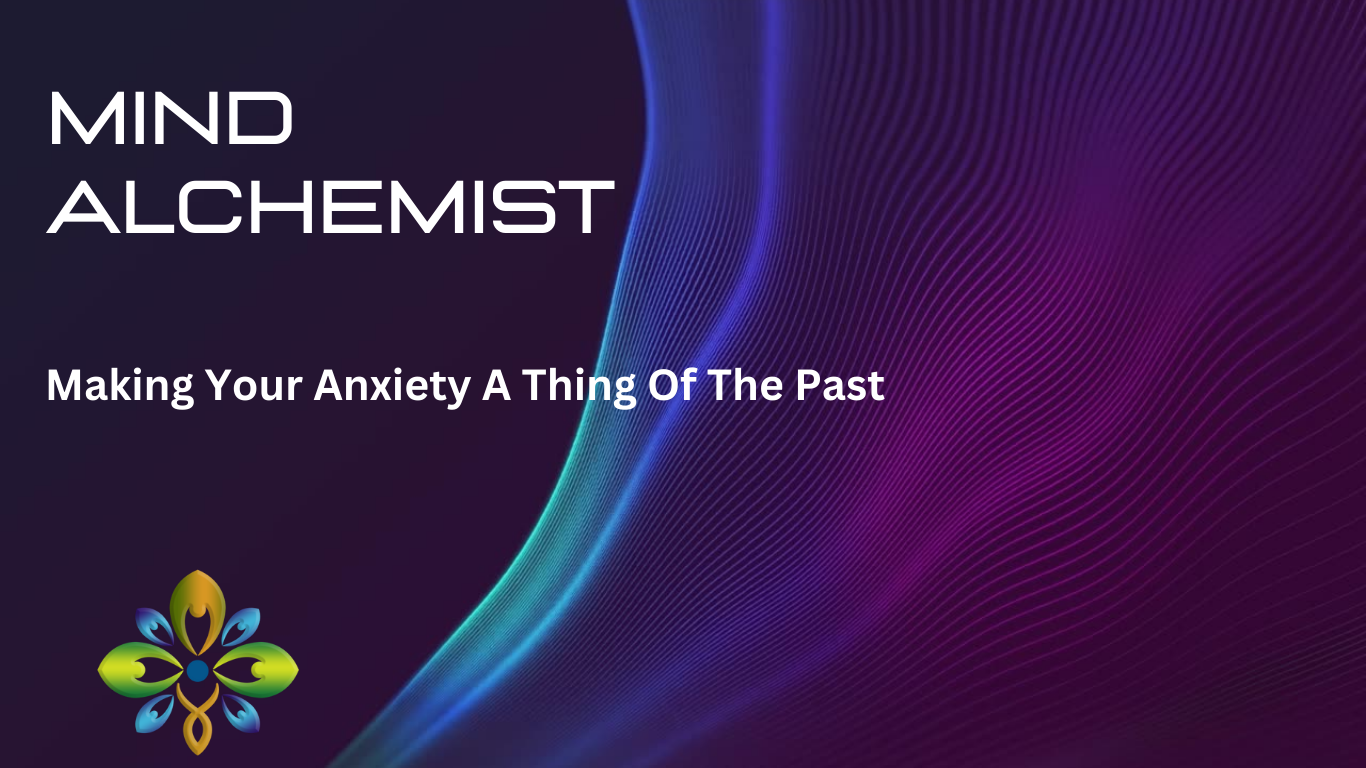
How many sessions do I need?
In today's fast-paced world, stress and anxiety have reached epidemic proportions, affecting millions globally. Research indicates that 60–80% of complaints presented to physicians stem from stress-related conditions. While the medical field offers an array of solutions—360 pharmaceutical options for various diagnoses—these medications often serve as lifelong prescriptions. While they can numb emotional lows, they also suppress the highs, leaving individuals in a dulled emotional state.
As a hypnotist and anxiety specialist, I have long been dedicated to helping clients navigate their mental and emotional challenges. However, recent reflections have prompted me to reimagine my approach to healing. What is it that my ideal clients truly desire? Beyond simply "feeling better," their needs often revolve around reclaiming ownership of their recovery journey. This realization has inspired me to evolve my practice and embrace the role of an anxiety coach—a shift I plan to implement by September 2025.
Anxiety coaching offers a holistic approach that goes beyond temporary relief. It begins with releasing the traumas stored in the body and mind, addressing the root causes of distress rather than merely managing symptoms. Once this foundation is established, the focus shifts to retraining the mind, introducing empowering thoughts and positive suggestions that foster resilience and growth.
However, healing is not a passive process. True transformation requires active participation and commitment. As an anxiety coach, I will ensure that my clients are equipped with practical tools to empower themselves. This includes tailored homework assignments designed to cultivate new habits and reinforce lasting change. By engaging in these practices, clients can take charge of their recovery and develop the skills necessary to navigate life's challenges independently.
The question I often hear—"How many sessions do I need to be well?"—is a complex one. Healing is deeply personal, and the timeline varies for each individual based on their unique circumstances and willingness to engage in the process. My goal as an anxiety coach will not be to offer quick fixes but to guide clients toward sustainable solutions that align with their long-term well-being. While the success rate is 93% in 6 sessions or less, we want to ensure that as more life happens that the person does not regress to a previous state.
This shift in focus represents an exciting new chapter in my professional journey. While hypnosis will remain an integral part of my practice, anxiety coaching allows me to expand my impact, empowering clients to take ownership of their mental health and create meaningful change in their lives. In a world where stress has become the norm, this proactive approach is more important than ever.
As September 2025 approaches, I look forward to stepping into this role with new tools such as breathwork, EFT, Emotion Code, Law of Attraction exercises and much more. Truly helping individuals unlock their potential for healing and growth. Together, we can move beyond temporary relief and embrace a future of empowerment and resilience.






